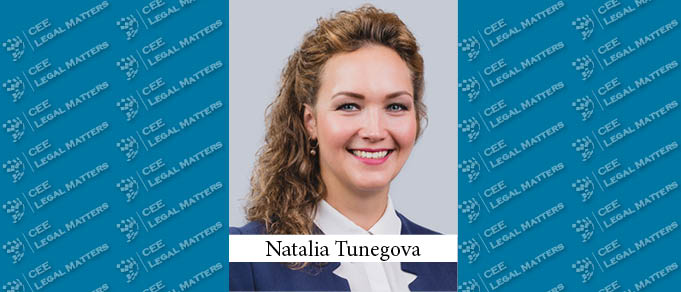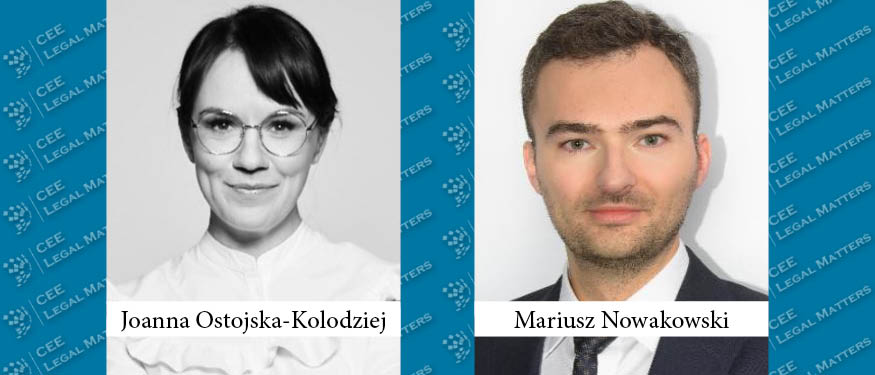A well-known chain of pharmacies launched a pilot project to run medical vending machines in Slovakia last year. Although Slovakia has not had such machines in the past, they are not uncommon abroad.
According to the creators of the idea, the machines are designed to improve comfort in the area of patient care. The vending machines, which operate nonstop, offer typical over-the-counter products for digestive problems, colds, eye preparations, food and nutritional supplements, vitamins, certain medical devices and medical supplies for first aid, disinfection, condoms and products for women, and so on. They do not offer medicines.
Slovak Chamber of Pharmacists Skeptical
Some are praising the innovation due to 24/7 product availability. However, the Slovak Chamber of Pharmacists has taken a stand against medical vending machines, which it claims are hazardous for patients. The Chamber points out that even with food supplements there are contraindications and a risk of negative interactions with various medicines.
Pharmaceutical care is based on professional expertise and advice about the appropriate medical assortment for a particular patient. Some pharmacists therefore point to the lack of expert advice to accompany vending machines, which are unable to do patient identity checks and do not limit the sale of nutritional supplements. Pursuant to the Slovak Act on Medicines, a pharmacy shall ensure the dispensing of medicines and medical devices by professionally-qualified persons. Pharmacies therefore also serve as consulting centers for patients.
Some pharmacists also fear that the machines will lead to a gradual reduction in the regulation of over-the-counter medicines. According to the Slovak Chamber of Pharmacists, any procedures to move medicines towards retail sales are undesirable.
In response, the chain of pharmacies introducing the vending machines has explained that the machines offer products designed to solve the most common minor problems and complications which do not necessarily require consultation with pharmacists.
Vending Machines Will Not Replace Pharmacies (Yet)
Medicines are strictly regulated in Slovakia. Patients can obtain prescription medicines only from a brick-and-mortar pharmacy, although over-the-counter medicines and many kinds of medical devices can be offered online. A pharmacy e-shop can be provided exclusively by the holder of a license to provide pharmaceutical care in a public - pharmacy or in a medical device store (i.e. a physical pharmacy or a physical medical device store).
Therefore, patients will not find any medicines in medical vending machines – not even painkillers, fever medications, or regulated medical devices.
Those strict dispensing rules, however, do not apply to vitamins, dietetic foods, medical supplies, hygiene and cosmetic products, and so on. Although such products are offered in pharmacies, they can also be freely sold in ordinary shops, in principle, in any form. Dispensing them in vending machines is not specifically regulated and thus not prohibited.
Medical vending machines as such are not legally regulated either. Nevertheless, given the wording of the Act on Medicines and the regulation of medicines described above, it can be concluded that the sale of any medicines and regulated medical devices in such an automated manner is still excluded.
Despite the concerns of some pharmacists, medical vending machines are likely to become popular.
Recent legislative changes in the area of emergency pharmacy services in Slovakia have resulted in many pharmacies shortening their evening opening hours. Especially in smaller towns, emergency pharmacies were underused. In addition, health insurance companies and the government do not provide any financial contributions to emergency pharmaceutical services. The pharmacies were therefore unprofitable during late hours. Since the January 1, 2020 entry into force of an amendment to the Act on Medicines, it is up to the Slovak Chamber of Pharmacists, the self-governing territorial region, and pharmacies themselves, to determine at what time and at what location an emergency pharmacy will be open, and only if no agreement is reached will emergency pharmaceutical services be ordered by law.
Whether other pharmacy chains will be interested in operating medical vending machines in the future and whether legislative measures regulating medical vending machines will be adopted are not yet known. For the time being, however, it can be said that views both for and against medical vending machines are based on the idea of protecting health and helping patients. So, let’s let the future of the automated dispensing of medical products be a surprise.
By Natalia Tunegova, Leader of Pharma and Life Sciences, Peterka & Partners Slovakia
This Article was originally published in Issue 7.3 of the CEE Legal Matters Magazine. If you would like to receive a hard copy of the magazine, you can subscribe here.
















